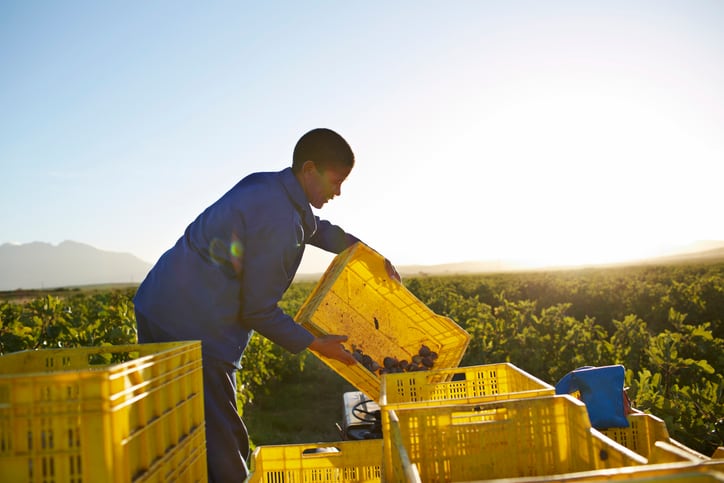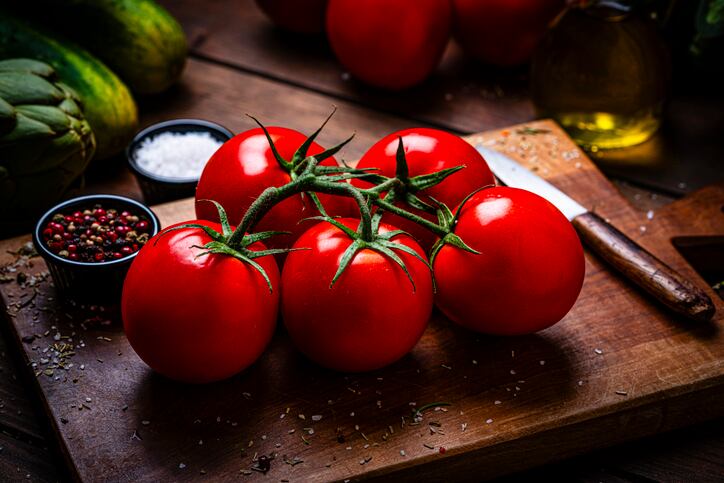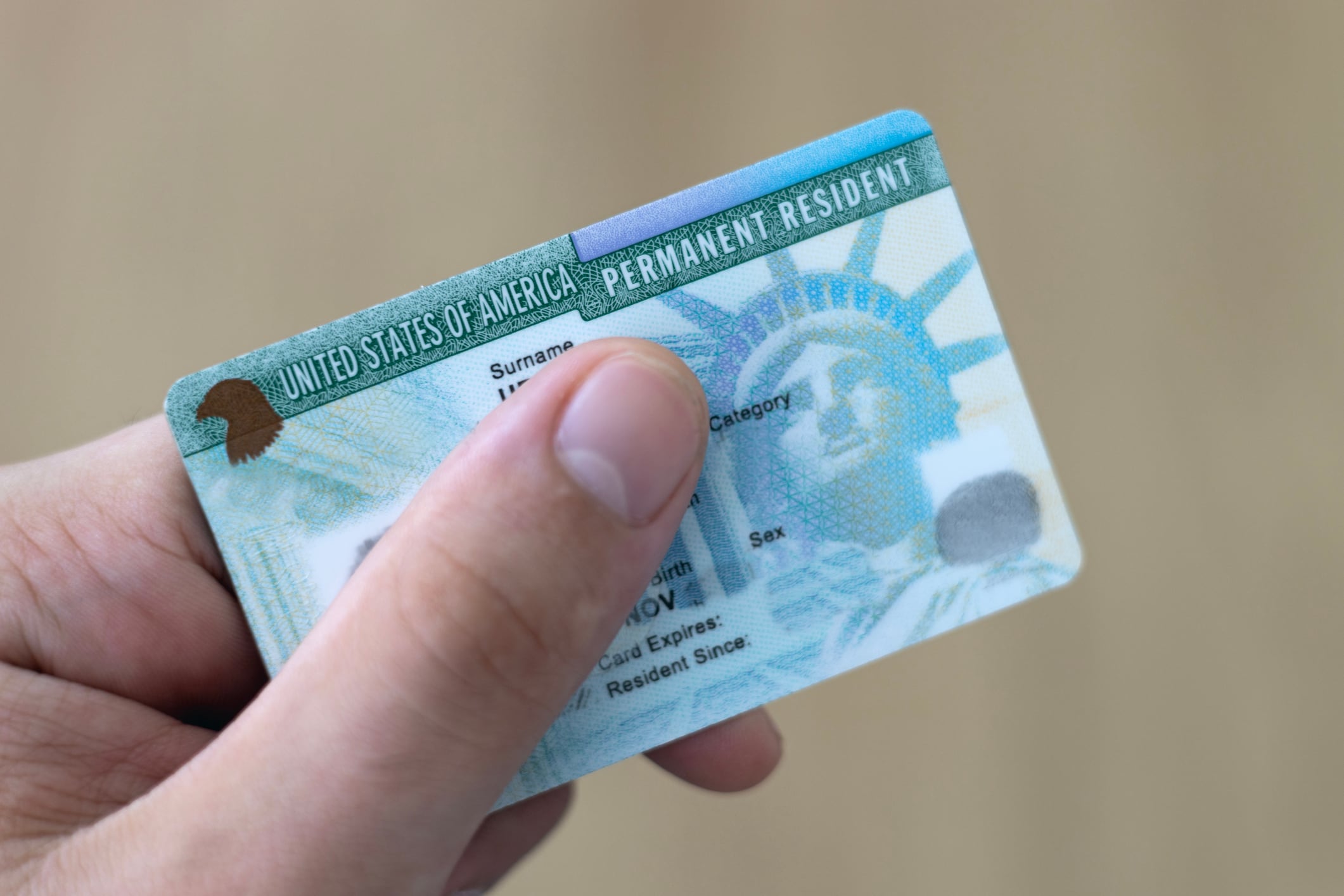The Trump administration’s decision late last week to streamline visa renewals for non-immigrant farm workers reinforces US supply chains by offering a much-needed lifeline to producers as harvest season peaks in the country.
Seasonal or temporary immigrant workers with H-2A visas no longer need to attend an in-person interview to renew their visas within 12 months of expiration of their prior visa, the State Department declared on Thursday.
Immigrant workers with H-2A visas often help with planting, cultivating or harvesting crops when domestic workers are in short supply.
The decision reverses a Trump administration proclamation in July, which tightened the types of visa applications that could waive interviews at a consulate and excluded H-2A visas.
The July directive contributed to substantially longer wait time for reviews as staff were unable to keep up with applications.
‘Crops are being left in the field’
At the same time the State Department tightened the visa renewal process, the Trump administration’s crackdown on immigration further discouraged immigrant farm hands from showing up to work - hindering harvests, according to industry stakeholders.
According to Save Family Farming, federal labor data shows a 7% drop is US agriculture workforce between March and July, which is equal to about 155,000 employees.
“Crops are being left in the field, production is suffering, export opportunities are shrinking, and farms across Washington state and across the nation are in crisis,” Ben Tindall, executive director of Save Family Farming, lamented in a blog post earlier this spring.
‘Something must be done’
At the time, Tindall called for reforms.
“Something must be done. We need real solutions to support the workforce agriculture depends on,” he said. “We urge support for reforms to our immigration system and for policies, both federally and statewide, that protect farmworkers and their families.”
The State Department appeared to answer that call for help - at least in part - last week when it added H-2A visa renewals to the list of applicants that could qualify for a waiver for the in-person interview requirement.
Stakeholders applaud ‘step in the right direction,’ but argue more must be done
Tindall applauded the change, noting it “will allow foreign workers who have already worked on American farms through H-2A visas, and who remain in good standing, to move through the program’s visa renewal process without the unnecessary, costly and time-consuming hurdle of a redundant in-person interview.”
He added: “This smart move will make the process better for the workers, for the American farms hiring them, and ultimately for American consumers.”
Rebecca Shi, CEO of the American Business Immigration Coalition, echoed this sentiment in a statement Sept. 19.
“This step helps reduce the growing strain on farmers who face persistent workforce shortages. Farmers put food on America’s tables, yet many are losing crops because there aren’t enough workers, contributing to higher grocery prices,” she said.
She added: “This is a step in the right direction, and the next step is a common-sense solution like work permits for the long-term, law-abiding agricultural workers who have sustained our food supply for years.”
A day before the State Department announced the change, more than 150 stakeholders from across the organic industry, including farmers and processors, lobbied legislators on Capitol Hill in part for workforce reform that would help protect farmers’ ability to harvest and process crops and by extension reinforce US food supply chains.



